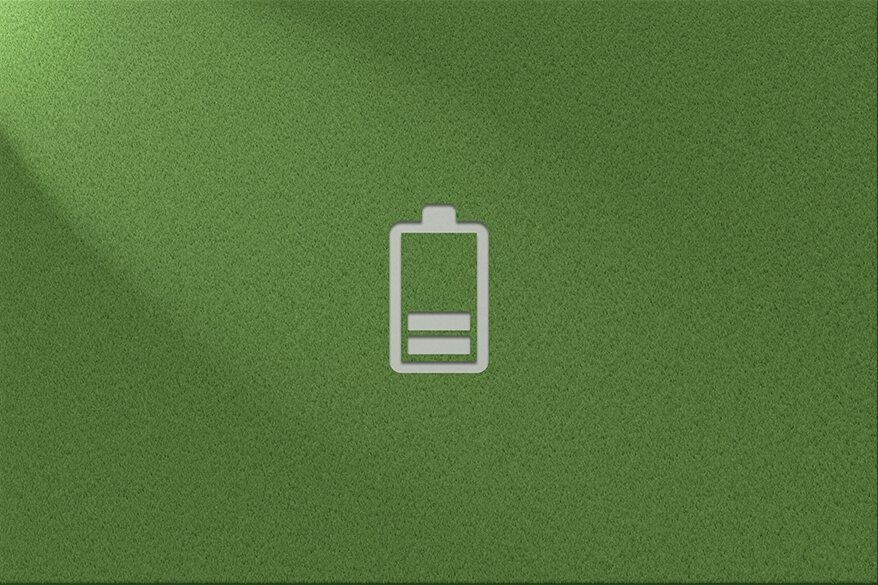How much do you know about puffy LiPo batteries?
Jul 17, 2019 Pageview:1140
Lithium Polymer or simply LiPo batteries are among the most powerful batteries in the world. The technology has been developed and perfected over a long period. Many people know LiPo batteries because of the strength they produce.
However, very few people understand the dangers and risks these batteries present. There have been very many instances of fires in different homes around the world originating from battery technology.
Therefore, as much as you are looking for great power for your electronic devices, it is important to know what you are carrying. In this article, we are going to discuss some of the eminent dangers you may be exposed to.
The aim here is not to scare you out of buying the batteries, but to educate you on proper use. In many instances, accidents originating from batteries come as a result of negligence.
Since the world is shifting more and more towards green energy, batteries are becoming more essential in our daily lives. The possibilities they offer in the world of electronics are endless.
And when it comes to safety precautions, LiPo batteries require serious attention and knowledge. We are going to handle some of the most significant topics regarding these batteries by answering three important questions.
Is puffy LiPo battery dangerous?
A puffed LiPo battery can be compared to a small bomb set on time. Sooner or later, the bomb will go off, and that is something you don’t want ever to happen. So, the simplest answer to this question is, yes!
One of the reasons LiPo batteries may swell is due to the mechanical failure of the casing. It becomes very sensitive, and if any impact comes onto it, problems are bound to arise from there.
The batteries are very sensitive to fire heat as well. High temperatures can make the batteries vulnerable to an explosion. Unfortunately, many people don’t realize this and will leave the batteries charging in a heated area and leave. You will be looking for trouble.
If there are any flammable materials near the batteries, you are exposing them to the explosion. Take, for instance, charging your batteries in your bedroom near your deodorant or sprays. These are flammable materials that can easily catch fire. If there is any little spark within the battery, you are looking at an explosion.
It is very dangerous to leave swollen LiPo batteries charging unattended. Once you realize there is something wrong with them, consider discontinuing use or taking other safety measures during usage.
And the worst part is, they never get better. Once there is a small swelling, it only gets worse until the batteries can no longer fit in the device they are designed for. At that moment, you should know you have pushed your luck so far.
Many fires care in our homes come from exploding electronic devices. If you have a LiPo battery in your house therefore and are not comfortable using it, you are right to be cautious.
Why did my LiPo battery explode?
The first sign of a potential explosion in LiPo batteries is a swelling. So let’s start by first looking at what makes the battery to swell.
To understand this, we have to go back to the role each component plays in the working of the batteries. In general, all batteries are made with three basic things: the negative, the positive, and the electrolyte solution. To produce power, ions have to migrate from the positive to the negative end or from the negative to the positive end. The electrolyte solution is the medium through which the electrolytes travel.
Lithium Polymer batteries use solid polymer solution as the electrolyte and hence their name. This makes them distinct from lithium-ion batteries, which are no longer as good as the new technology.
The lithium ions can easily move from one end of the battery to the other. There is a polymer separator within the battery that keeps the negative and positive terminals from coming into contact.
Now, when the electrolyte solution decomposes, a swelling occurs. The solution turns into individual components, including oxygen.
In LiPo batteries, carbon II oxide and carbon monoxide are produced as well. Now since the battery casing is sealed, there is no way for the gases to escape, forcing the battery casing to swell.
Now back to the exploding part. Note that LiPos can explode even if you don’t see the swelling yet. It is pretty simple, the lithium ions inside hate air. When it swells, everything may seem ok until something else happens.
Whether because of swelling or not, all LiPo explosions originate from one activity. One or all of the cells inside the pack gets punctured, exposing everything to the air.
Depending on the level of electrical charge the battery has, the explosion might be quite violent. In simple terms, a fully charged battery will explode worse than a half-charged one. This is why the batteries cannot explode when fully discharged. The elements can be said to be inactive and cannot react.
A LiPo battery can be punctured when you drop the battery too hard or when you burst the cell package. Such things can cause the batteries to explode.
Other reasons for LiPo explosions may include rapid charging, damaged batteries, electrical shorts, and heat. All of these conditions can cause serious damage.
How to deal with puffy LiPo batteries
One thing you can be sure of is that you cannot avoid the puffing of LiPo batteries. The decomposition of electrolytes happens automatically over time.
It is possible to continue using puffed LiPos. You can put them in a fireproof container and use them in such a state as long as you can.
However, it is advisable that you don’t use them. You can never fix swollen LiPo, which leaves you with only one option – to dispose of them.
Don’t dispose of the batteries while they are still charged. The proper disposal procedure demands that you start by fully discharging the batteries.
Conclusion
As mentioned above, LiPo batteries will always swell. As they age, they start losing the power to handle the pressure. Sometimes misuse causes gases to start form, which may be dangerous. We hope this guide has helped you discover how to avoid further damage.
- Prev Article: How to use LiPo battery checker
- Next Article: Demystify TSA lithium batteries 2019
Leave Message
Hottest Categories
-
Hottest Industry News
-
Latest Industry News











